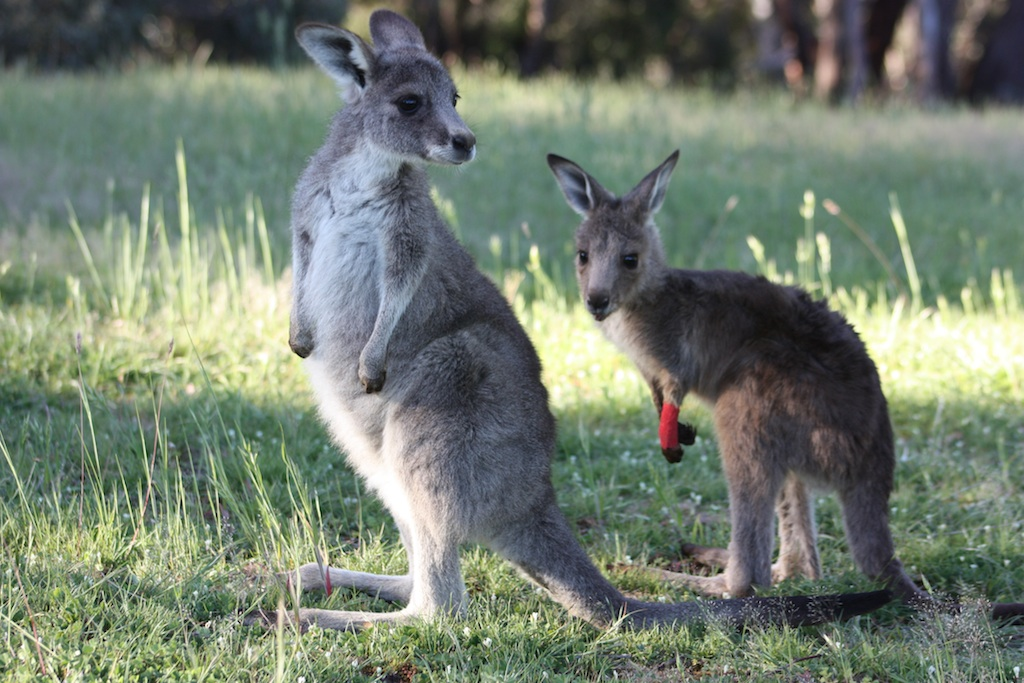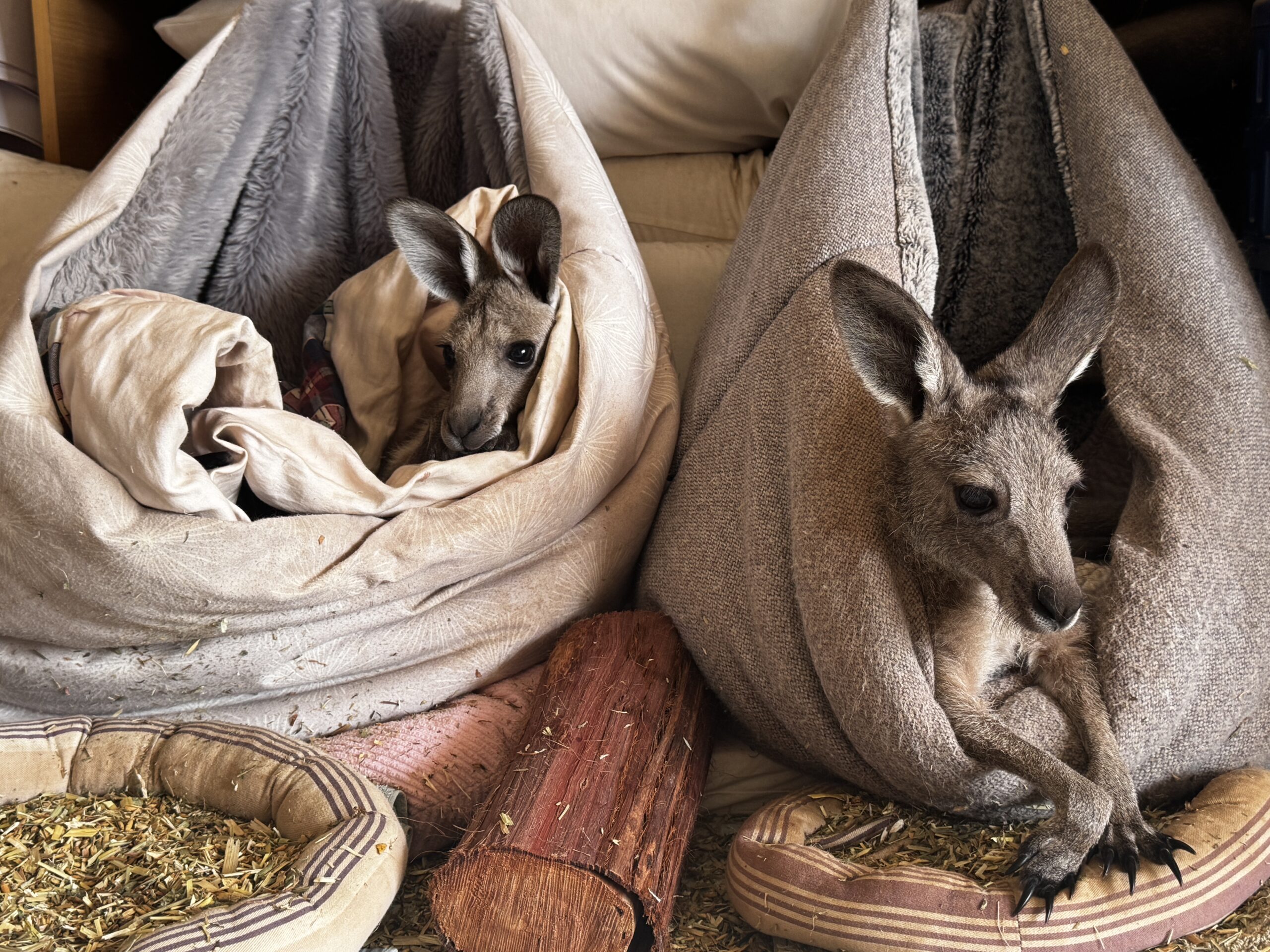Data on NSW licencing reveal the extent of Government-sanctioned destruction of native animals in the state | Conservation groups and wildlife carers to provide evidence of the extent of cruelty at inquiry into licensed killing SYDNEY (5 February, 2026)—Humane World for Animals Australia (previously Humane Society International Australia) will...
Queensland has officially committed to phase out the licensed shooting of bats, which marks an important win for flying-fox conservation and animal welfare. This commitment means that all flying-fox species will now be protected from shooting across Australia.
Supporters like you have allowed HSI Australia to steadfastly champion the cause of flying-fox protection, and we will continue to provide our advice and support for the Queensland government during this phase-out. In a letter to HSI Australia, Former Minister Meagan Scanlon said, “I have made the decision to move away from permitting the shooting of flying-foxes due to ongoing animal welfare concerns.”
Despite being protected under the Nature Conservation Act 1992, Damage Mitigation Permits (DMPs) were issued to orchardists in Queensland to shoot three species of flying-fox: the black flying-fox, little red flying-fox and grey-headed flying-fox, in an effort to reduce crop damage. Shooting flying-foxes is not only inhumane; it is also less effective than alternative methods such as wildlife-friendly exclusion netting. All too often shooting flying-foxes resulted in punctured wings and agonising, slow deaths, especially when the shooting occurs at dusk and into the night.
Instead, farmers and orchardists will now be eligible for government assistance to construct wildlife-friendly netting structures, safeguarding their crops from both wildlife and environmental factors. To push forward this progress, HSI made a compelling submission to the inquiry and consulted extensively with the department in relation to environmental and animal welfare concerns of shooting.
Flying-foxes are keystone species important for ecosystem health through the pollination and seed dispersal of native trees which enhances the resilience of native forests. These animals are suffering from habitat loss and are vulnerable to extreme temperatures, and with more frequent heat stress events increasingly impacting all species of flying-foxes, we know you’ll join us in celebrating the end of shooting permits as a key protection of this vital Australian animal.
Thank you for helping to secure these protections for flying-foxes!


